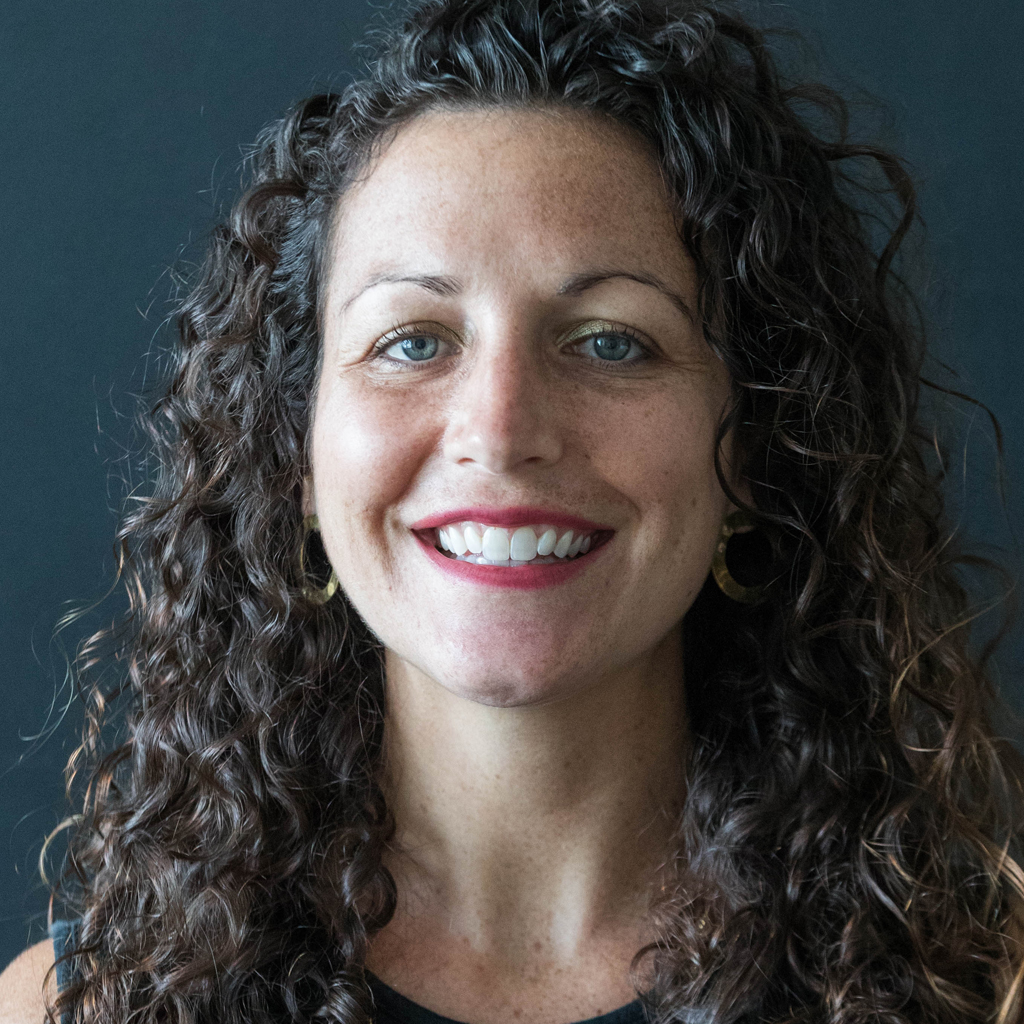A neighbor’s complaint triggered an investigation by the county Planning Department.
Dozens of Kauaʻi farmers and artisans gathered earlier this month to sell their wares for the last time in a 7-acre park at the gateway to the resort community of Princeville.
The private park has a crowd of commercial neighbors: a shave ice parlor, a wine shop, clothing boutiques, real estate offices, fitness studios and the North Shore’s anchor grocer.
The park, however, is governed by a forgotten rule: Recreational use only.

For five years the Princeville Farmers and Artists Market rendered Prince Albert Park a Saturday morning destination, offering crafts and music, as well as an array of fresh produce. It was a place to buy groceries grown down the road, or vacation souvenirs not mass-produced overseas and imported.
The 50-stall market also doubled as a social and cultural hub for residents of Princeville, a rarefied peninsula of pricey hotels, resort condominiums, a top-tier golf club and multimillion-dollar homes, many of them Airbnb rentals.
But on Monday, the association that owns the park, under guidance from county investigators, halted the weekly market until its manager can secure a special use permit — a process that optimistically could take months, if successful. A citizen complaint prompted the Kauaʻi Planning Department investigation, which is still underway.
County spokesperson Kim Tamaoka declined to comment or provide a copy of the complaint that initiated the investigation while it’s still active.
“Now there are 50 people that are out of income,” said Desirea Hirani, the Princeville market manager. “Not only that but this really sets a precedent that one angry person could find a loophole in the law that is in their favor and shut things down. Many markets are not in commercial zones and markets are just the way of the world now. These markets are important. They are assets to the community.”
Bryan Allen, general manager of the Princeville at Hanalei Community Association, declined to comment for this story. But in a statement to association members Wednesday, he said the association only shuttered the market to comply with an unfulfilled county mandate that forbids the market from operating without a permit.
“We understand the strong feelings this has generated within the community,” the statement said. “While (the association) supports the continuation of the market, we are not involved in the county’s permitting or enforcement process.”
The association owns the private park, which is mostly grassy open space with a community center, restrooms and a playground. The park is also the venue for Ohana FitFest, a family fun run with obstacles and prizes held annually in September. The popular fitness event is also threatened by the permitting issue.
‘A Few Loud Voices’
Vendors say the market has been the target of a barrage of complaints originating from a small number of Princeville residents unhappy over an uptick in traffic and parked cars associated with the event.

Princeville is a self-governed community with strict rules. Street parking is not allowed in the neighborhood and violators are subject to a $100 fine. Public parking stalls are limited. But the Saturday market bucked this trend, inviting hundreds of visitors to drop in and shop.
“It’s just a few loud voices that complained,” said market vendor Michael Young, who makes home decor and souvenirs.
“It ranges from some serious first world problems, from ‘the market brings so many people to the park so my grandson has to wait to go on the slide and we can’t go later because it’s too hot,’ to ‘we don’t like seeing tire marks where people park on the grass, the grass gets worn down from people walking on it, it just doesn’t look nice.’”
Hirani, who owns a home in Princeville, said she’s willing to apply for a special use permit to allow the market to continue. But she said it will take time and coordination with the community association’s board of directors to move an application forward. The next step is waiting for the board to convene a meeting, she said.
Now, she’s bracing for a drawn-out bureaucratic battle.
“Right now I’m just damn angry,” she said. “I’m pissed that this is allowed to happen by people who are quite bluntly, selfish and do not have aloha.”

Hirani said she’s not privy to the complaint that launched the county investigation. But she said people have lobbied against the market for months, even years. In response, she created an online petition against the market’s closure last month that’s garnered more than 2,700 signatures.
The Saturday market had 50 vendors, all offering food or goods made on the island. Nearly half of them were kupuna, Native Hawaiian or farmers, according to Hirani. On a typical Saturday, Hirani said the event attracted roughly 1,000 shoppers over three hours.
It cost roughly $36,000 a year to lease the park from the association, according to Hirani. The association required her to hire three parking attendants and fund waste disposal. Vendors sometimes pitched in toilet paper for the public restrooms, she said, so as not to drain park resources.
The event generated traffic congestion at Princeville’s main entrance, Hirani said, but she characterized it as a 5- to 10-minute inconvenience — not a crisis.
“We’re talking about a three-hour market that happens once a week,” she said.

Another complaint Hirani said she’s heard is from nearby shop owners who say the pop-up event steals away their brick-and-mortar business. The market manager disagrees with this perspective, arguing that the market is a launch pad for entrepreneurs who sometimes go on to open their own shops.
Kauaʻi County Councilwoman Fern Holland said she supports the market but since the park is private there’s not much she can do as a member of the council to help resolve the dispute.
‘The Market Was Everything’
The Princeville market was born of disaster. When a substantial landslide in March 2021 shut down the only road to the town of Hanalei, just north of Princeville, farmers from outside the town were blocked from the weekly Hanalei farmers market where they sold their fruit and vegetables.

The daughter of a prawn and shrimp farmer, Hirani launched the Princeville event at the request of those displaced farmers. The event was meant to serve as a temporary home until road repairs were complete. But as road work stretched on for months and the popularity of the Princeville market grew, the event became a permanent fixture.
Now, farmers who were among the Princeville event’s first vendors find themselves displaced once again.
Joining another farmers market is not easy. Often there’s a waitlist. And many markets are selective about what vendor applicants they accept so as to avoid having too many similar products.
At least two of the Princeville vendors have joined a weekly market in the neighboring town of Kilauea. Others say they have nowhere to go.
“For some of us the market was everything,” said Young, noting that revenue from the Princeville covered about 70% of his family’s living expenses. “For some it was that side job that a lot of us need to get by now as the Hawaiian Islands have gotten so expensive.”
A former chef who traded in his apron for a laser cutter to create artistic woodworks, Young joined the market in 2023 after purchasing HoloHolo Collective, a home decor and souvenir business. A throat cancer diagnosis triggered the career pivot, which has helped the 56-year-old father of two achieve a better work-family balance.
For the Young family, the Saturday market was a family affair. Young ran his engraving business with help from his 11-year-old son Manu. At a nearby booth, his wife Irina and their 14-year-old daughter Mila sold all-natural skincare products. The skincare booth helped fund Mila’s dream of owning a horse. The engraving business paid the family’s day-to-day bills.
Now, the market’s sudden closure has sent him and his wife scrambling to find temporary gigs and piece together an income.
Civil Beat’s community health coverage is supported by the Cooke Foundation, Atherton Family Foundation and Papa Ola Lokahi.
 Sign up for our FREE morning newsletter and face each day more informed.
Sign up for our FREE morning newsletter and face each day more informed.
Support Independent, Unbiased News
Civil Beat is a nonprofit, reader-supported newsroom based in Hawaiʻi. When you give, your donation is combined with gifts from thousands of your fellow readers, and together you help power the strongest team of investigative journalists in the state.
Every little bit helps. Will you join us?
About the Author
-
 Brittany Lyte is a reporter for Civil Beat. You can reach her by email at blyte@civilbeat.org
Brittany Lyte is a reporter for Civil Beat. You can reach her by email at blyte@civilbeat.org

